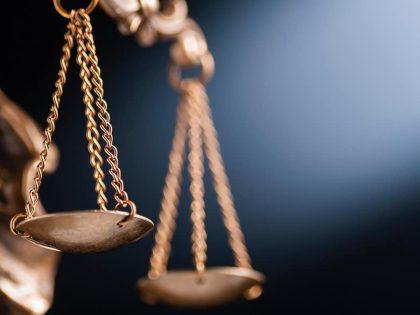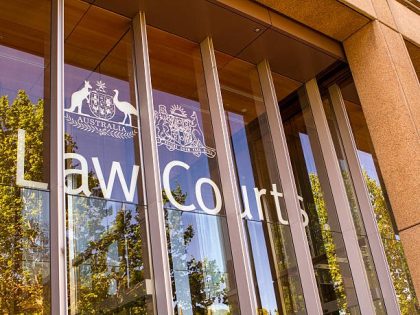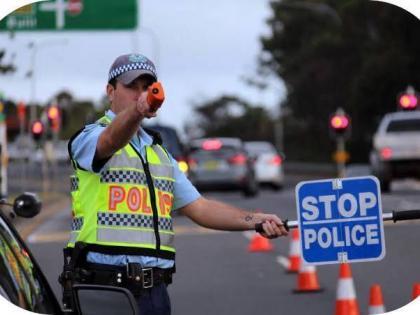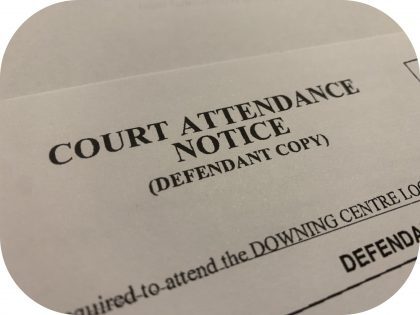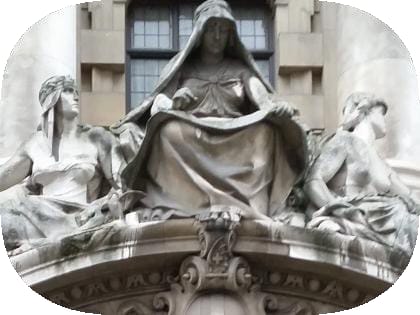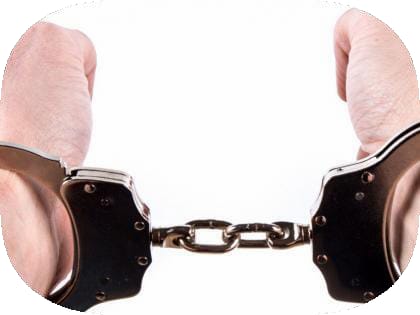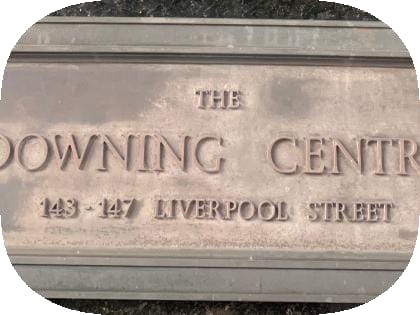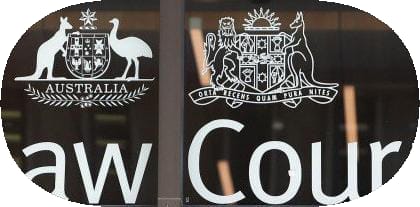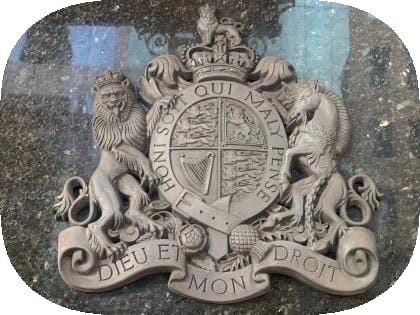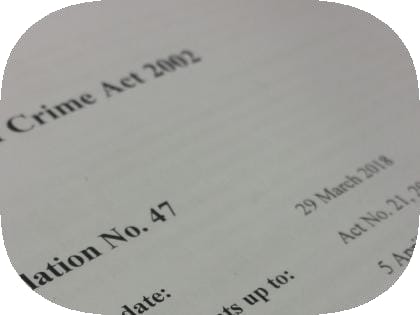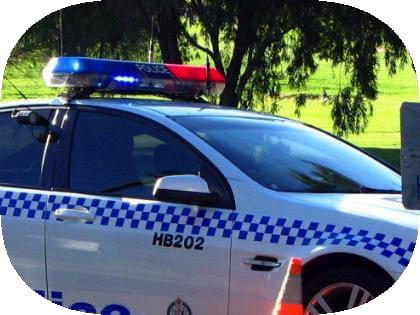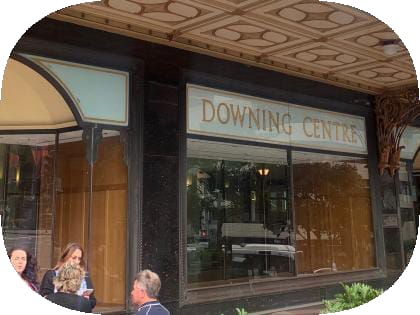Proceeds of Crime Unexplained Wealth Orders
0 CommentsUnexplained Wealth Orders
As previously mentioned, unexplained wealth orders are relatively new.[1] Being new combined with higher complexity and more manpower that has to go into proving the requisite requirements of an unexplained wealth order means that they are not used as much as the regular ss 17, 18, 19 restraining orders and subsequent ss 47, 49, and 92 forfeiture orders.
An unexplained wealth order occurs in 3 or possibly 2 stages.
- Restraining Order – unexplained wealth (s 20A POCA);
- Preliminary Unexplained Wealth Order (s 179B);
- Unexplained Wealth Order (s 179E).
Restraining Order – unexplained wealth
The required elements for an Unexplained Wealth Restraining Order are:
- The AFP apply for the order;[2]
- There are reasonable grounds to suspect that a person’s total wealth exceeds the value of the person’s wealth that was lawfully acquired;[3]
- That the person has committed an offence (and that part of the person’s wealth was derived or realised, directly or indirectly from an offence) against a Commonwealth law, a foreign indictable offence or a state offence with a federal aspect.[4]
Refer to the more expansive definition within POCA (s 20A), but if the elements are met, the court must make the order. It should be noted though that if there are not reasonable grounds to suspect that the difference between total wealth and the person’s wealth that was lawfully acquired is not at least $100,000[5] or it is not in the public interest to make the order,[6] then the court has a discretion to refuse to make the order.
Preliminary Unexplained Wealth Order
A court must make a preliminary unexplained wealth order requiring a person to appear before the court if:
- The AFP apply for this order;[7]
- The court is satisfied that an authorised officer has reasonable grounds to suspect that the person’s total wealth exceeds the value of the person’s wealth that was lawfully acquired.[8]
As the second above-mentioned dot point is a duplicate of one of the required elements from an Unexplained Wealth Restraining Order, if an Unexplained Wealth Restraining Order is in force, then this element is not required for the Preliminary Unexplained Wealth Order.[9]
The purpose of the Preliminary Unexplained Wealth Order (besides being a prerequisite of an Unexplained Wealth Order) is to require the person to appear before the court for the purpose of enabling the court to decide whether or not to make an Unexplained Wealth Order in relation to the person.[10]
Similar to the provision in the Unexplained Wealth Restraining Order, it should be noted that if there are not reasonable grounds to suspect that the difference between total wealth and the person’s wealth that was lawfully acquired is not at least $100,000,[11] then the court has a discretion to refuse to make the order.
Revocation of Preliminary Unexplained Wealth Order
There is limited scope to revoke a Preliminary Unexplained Wealth Order, which is in contrast to the relatively low threshold to obtain a Preliminary Unexplained Wealth Order (reasonable suspicion).
The court has a discretion to revoke a Preliminary Unexplained Wealth Order is it is satisfied of one of the following:
- There are no grounds on which to make the order at the time of considering the application to revoke the order.[12]
In other words, the original Preliminary Unexplained Wealth Order should have never been made because the threshold of reasonable suspicion was not met.
- It is in the public interest to do so.[13]
As in, it is in the public interest to revoke the Preliminary Unexplained Wealth Order.
- It is otherwise in the interests of justice to do so.[14]
Unexplained Wealth Order
A court must make an order requiring a person to pay an amount to the Commonwealth if:
- The court has made a Preliminary Unexplained Wealth Order in relation to the person;[15] and
- The court is not satisfied that any part of the person’s wealth was not derived or realised, directly or indirectly, from an offence against a law of the Commonwealth, a foreign indictable offence, or a state offence that has a federal aspect.[16]
The order must specify an amount which is the difference between the person’s total wealth and the sum of the values of the property that the court is satisfied was not derived or realised, directly or indirectly, from an offence.[17] This amount is known as the unexplained wealth amount.
The court has a discretion to refuse to make the order if the unexplained wealth amount is less than $100,000, or it is not in the public interest to make the order.[18]
It should be noted:
- The burden of proving that a person’s wealth is not derived or realised, directly or indirectly, from an offence lies on the person;[19]
- The court may have regard to information not included in the application when considering whether to make an Unexplained Wealth Order;[20]
- Even if the person failed to appear as required by the Preliminary Unexplained Wealth Order, this does not stop the court making the Unexplained Wealth Order.[21]
Determining Unexplained Wealth Amount
In determining what constitutes a person’s wealth, regard can be taken to property that has been owned by the person at any time,[22] property that has been under the effective control of the person at any time,[23] and property that has been disposed of (whether by sale, gift or otherwise) or consumed at any time.[24]
Reducing Unexplained Wealth Amount
In determining the unexplained wealth amount, the court must deduct amounts[25] in relation to (the value, at the time of making the order, of any property the person forfeited under) a forfeiture order[26] and the sum of any amounts payable by the person under PPO’s.[27]
Hardship for Dependants
If the court is satisfied that:
- The unexplained wealth order would cause hardship to the dependant; and
- The specified amount would relieve that hardship; and
- If the dependant is at least 18 years old, the dependant had no knowledge of the person’s conduct that is the subject of the unexplained wealth order,
then the court must make an order directing the Commonwealth to pay a specified amount to a dependant of the person.[28] The amount specified must not exceed the person’s unexplained wealth amount.[29]
General Provisions Relating to Unexplained Wealth Orders
An Unexplained Wealth Order is a civil debt due by the person to the Commonwealth.[30] An Unexplained Wealth Order may be enforced as if it were made in civil proceedings instituted by the Commonwealth against the person to recover a debt due by the person to the Commonwealth.[31] The debt arising from the order is regarded as a judgment debt.[32]
A court may make an order that property subject to a person’s effective control[33] (that being a person who is the subject of a PPO), can be used to satisfy the PPO, if the AFP applies for such an order.[34]
If an Unexplained Wealth Order is made against a person, and a restraining order has been made against the person’s property (including property subject to the person’s effective control), and the restraining order relates to the person’s property; then upon the making of the later of the orders, an automatic charge is created against the property.[35]
The charge is subject to every encumbrance[36] on the property (other than an encumbrance in which the person the subject of the Unexplained Wealth Order has an interest) that came into existence before the charge and that would have priority over the charge.[37]
[1] Crimes Legislation Amendment (Serious and Organised Crime) Act 2010 (Cth).
[2] S 20A(1)(c) Proceeds of Crime Act 2002 (Cth).
[3] S 20A(1)(d) Proceeds of Crime Act 2002 (Cth).
[4] S 20A(1)(g) Proceeds of Crime Act 2002 (Cth).
[5] S 20A(4)(a) Proceeds of Crime Act 2002 (Cth).
[6] S 20A(4)(b) Proceeds of Crime Act 2002 (Cth).
[7] S 179B(1)(a) Proceeds of Crime Act 2002 (Cth).
[8] S 179B(1)(b) Proceeds of Crime Act 2002 (Cth).
[9] S 179B(1A) Proceeds of Crime Act 2002 (Cth).
[10] S 179B(1) Proceeds of Crime Act 2002 (Cth).
[11] S 179B(4) Proceeds of Crime Act 2002 (Cth).
[12] S 179C(5)(a) Proceeds of Crime Act 2002 (Cth).
[13] S 179C(5)(b) Proceeds of Crime Act 2002 (Cth).
[14] S 179C(5)(c) Proceeds of Crime Act 2002 (Cth).
[15] S 179E(1)(a) Proceeds of Crime Act 2002 (Cth).
[16] S 179E(1)(b) Proceeds of Crime Act 2002 (Cth).
[17] S 179E(2) Proceeds of Crime Act 2002 (Cth).
[18] S 179E(6) Proceeds of Crime Act 2002 (Cth).
[19] S 179E(3) Proceeds of Crime Act 2002 (Cth).
[20] S 179E(4)(a) Proceeds of Crime Act 2002 (Cth).
[21] S 179E(4)(b) Proceeds of Crime Act 2002 (Cth).
[22] S 179G(1)(a) Proceeds of Crime Act 2002 (Cth).
[23] S 179G(1)(b) Proceeds of Crime Act 2002 (Cth).
[24] S 179G(1)(c) Proceeds of Crime Act 2002 (Cth).
[25] S 179J Proceeds of Crime Act 2002 (Cth).
[26] Expansively defined to include a forfeiture order, an interstate forfeiture order, or a foreign forfeiture order.
[27] Expansively defined to include a pecuniary penalty order (PPO), literary proceeds order, an order under section 243B of the Customs Act 1901 (Cth), an interstate pecuniary penalty order, or a foreign pecuniary penalty order.
[28] S 179L(1) Proceeds of Crime Act 2002 (Cth).
[29] S 179L(2) Proceeds of Crime Act 2002 (Cth).
[30] S 179R(1) Proceeds of Crime Act 2002 (Cth).
[31] S 179R(2) Proceeds of Crime Act 2002 (Cth).
[32] S 179R(3) Proceeds of Crime Act 2002 (Cth).
[33] See definition in glossary.
[34] S 179S(1) Proceeds of Crime Act 2002 (Cth).
[35] S 179SA(1) Proceeds of Crime Act 2002 (Cth).
[36] Defined in s 338 Proceeds of Crime Act 2002 (Cth).
[37] S 179SA(3)(a) Proceeds of Crime Act 2002 (Cth).
About Post Author
* Information contained in this article is of a general nature only and should not be relied upon as concise legal advice.
Please contact for legal advice tailored to your situation. *
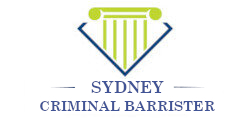

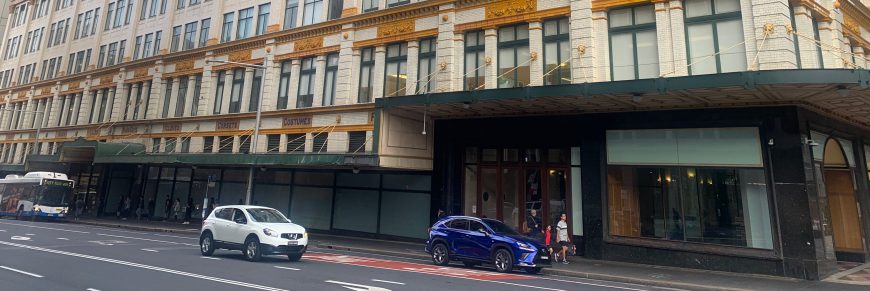
![Case review: R v Mauger [2012] NSWCCA 51](https://walkercriminallawyer.com.au/wp-content/uploads/2024/10/conviction-1-420x269.webp)

